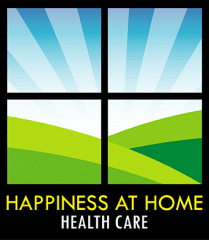25 per cent of Canadian seniors live alone, but there lies a little-documented population within that demographic that live in acute isolation
(Excerpt from Maclean’s magazine June 22, 2018 by Meagan Campbell)
To have nobody means to have no children, spouse or friend still alive. It is to have no church group to belong to, no neighbour to eat a sandwich with or sibling to come over. If someone has a mailman or even a hydro meter reader who says hello, that greeting is a connection, but when somebody has nobody, the option is 911.
“We have individuals who will go weeks and weeks and weeks without having contact with someone from the external,” says Ryan Sneath, a paramedic in Winnipeg. “They end up calling 911 because 911 ends up addressing their needs. They get interaction immediately. They get transported to an emergency department, where people care for them and are engaged with them, and I think they often crave that interaction or crave that engagement.”
These seniors often live in cities but are not mobile enough to leave home. In some cases, they have no internet and get food dropped off by Meals on Wheels programs with no interaction from delivery staff. They get caught in cyclical loneliness as they socialize less, become less mobile and more isolated. Paramedics in Winnipeg have begun to flag frequent callers who summon an ambulance for “social visits,” and emergency rooms in British Columbia are pinpointing seniors who arrive with no conventional injury. “Sometimes it’s complaints of back pain or leg pain or something chronic that they use as a complaint,” explains Sneath. The paramedics take the patient to the hospital by default. “A lot of it is, they’ll come in and ask for a sandwich,” Sneath says. “Their complaint disappears as they get that interaction.”
Canadians don’t often use the term elder orphan. “This idea of an elder orphan is very true for many adults who don’t have families,” says Kahir Lalji, the B.C. director of healthy aging for the United Way. “Absolutely there are elders who are orphaned, but a human element is really lost in that.”
For the entire Maclean’s article, click here.
